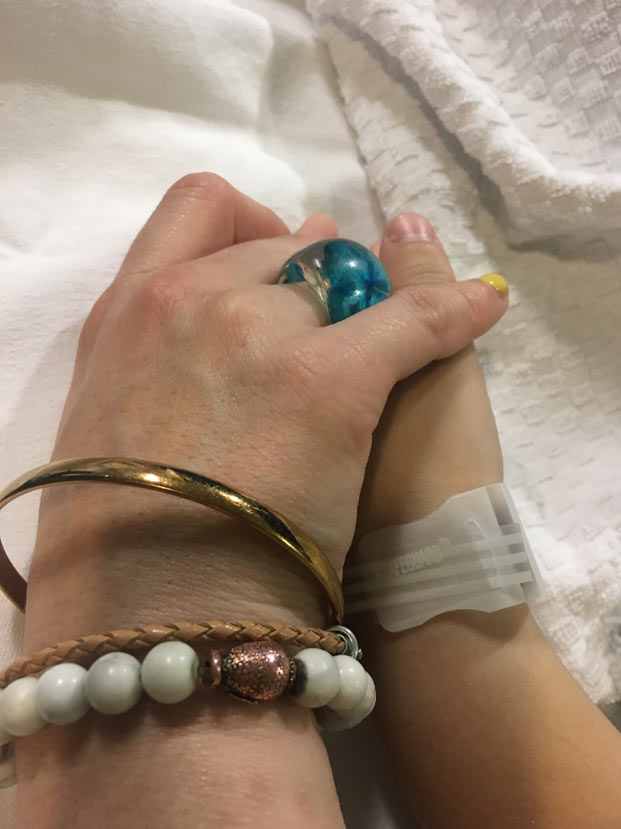While heart disease is claiming the most fruitful years of life in Australian adults, asthma is stealing the most away from our children, a new health report has revealed today.
The AIHW Australian Burden of Disease Study 2015 analyses the impact of disease and injuries on Australians and has been released at the Public Health Prevention Conference in Melbourne.
It reveals asthma is having the most impact on children aged 5 to 14 years old and has crept up into tenth place as a leading health condition taking good years off Australian lives.
While more sensible investments into care and treatments for heart disease continue, asthma in comparison is poorly funded.
Its parents like Mandy and Jonathan Betts who bear the brunt of this reality and the human cost.

Mandy and Jonathan are parents to eight-year old Harrison (Harry), who has life-threatening asthma, and his six year old brother, Oliver.
They are all too familiar with the seriousness of asthma and are sending a plea to governments to do more to help.
“There needs to be more effort to find a cure and provide more widespread support services in Australia,” Mrs Betts said.
Harry endured an emergency helicopter flight to hospital this year, adding to a national tally of more than 17,000 children hospitalised by asthma each year.
The respiratory condition which causes the airways to narrow and become inflamed, leaves sufferers distressingly breathless and is fatal in severe cases.
Asthma now affects 11.2% of Australians, with the burden of asthma higher in Australia compared to other OECD countries, countries that are considered most comparable to Australia.
And it’s racking up quite the bill costing more than $770M a year to annual Disease Expenditure and causing a large number of avoidable hospitalisations.
Asthma Australia CEO Michele Goldman says we could look at more effective investment strategies that focused on preventative health measures.
“The impact of asthma is more than hospital costs, it’s about Australian kids missing out on growing up. It’s about kids missing out on school, whole families being unable to plan or commit to activities or holidays, things we can take for granted.”
“We know that with the right mix of patient education, support and medication, we can help reduce this impact.”
Ms Goldman said asthma is not getting the attention it requires but hoped this report would help change that.
“Asthma has been a massive underlying health issue facing Australians for many years. Death rates and hospitalisations have stagnated, nothing is improving. Our whole approach to this illness needs to shift, both in the medical system and in our communities.”
Mandy Betts said when Harry was young, she found it difficult to get consistent medical care raising concerns with how the medical system understood this illness.
“We were bouncing between hospitals and doctors, no one was helping us. Harry was so unwell, he was only four at the time.”
Mrs Betts said she called Asthma Australia in a state of absolute desperation.
“Asthma Australia changed everything for us. They went over and above to get us the advice and medical help we so desperately needed at that time,” Ms Betts said.
She said there is so much more that needed to advance for asthma, not just medically but in schools, sports clubs and the general community’s understanding of the crippling nature of asthma.
“Harry is a strong kid in all respects, but asthma is a real issue. I hope we (as nation) can do better,” Mrs Betts said.
People can make a tax deductible donation to Asthma Australia’s research and support services by visiting their website. If people are struggling with their asthma, they can call Asthma Australia’s free and confidential 1800 ASTHMA service on 1800 278 462 to speak to an Asthma Educator today.






